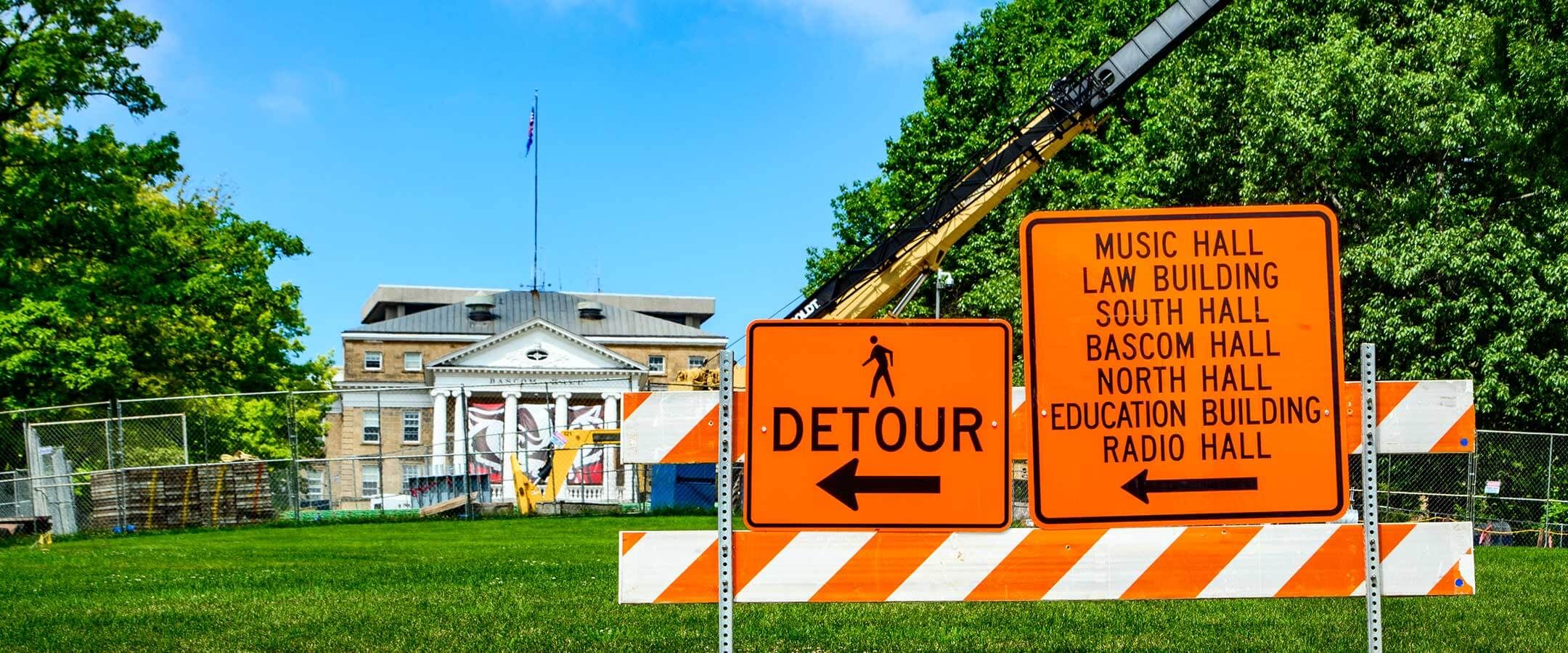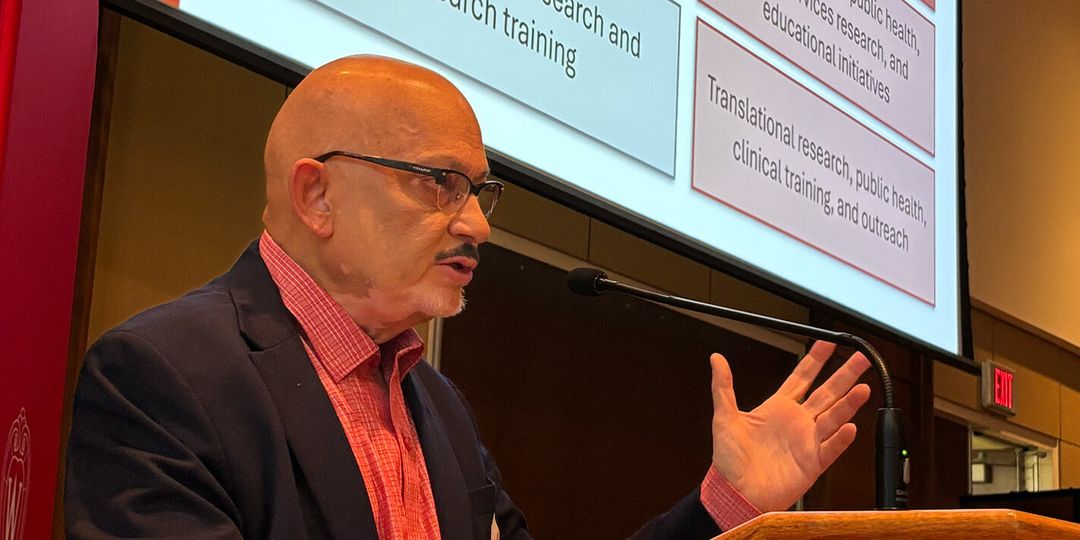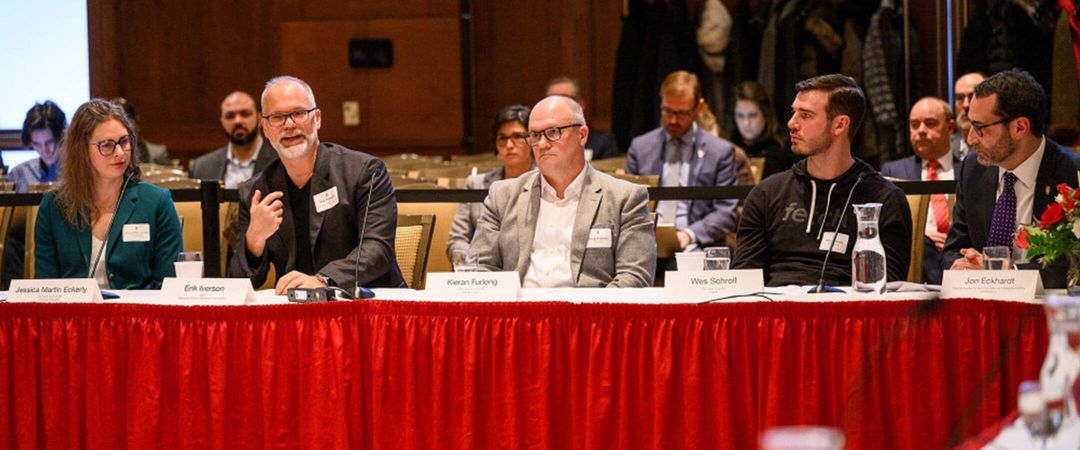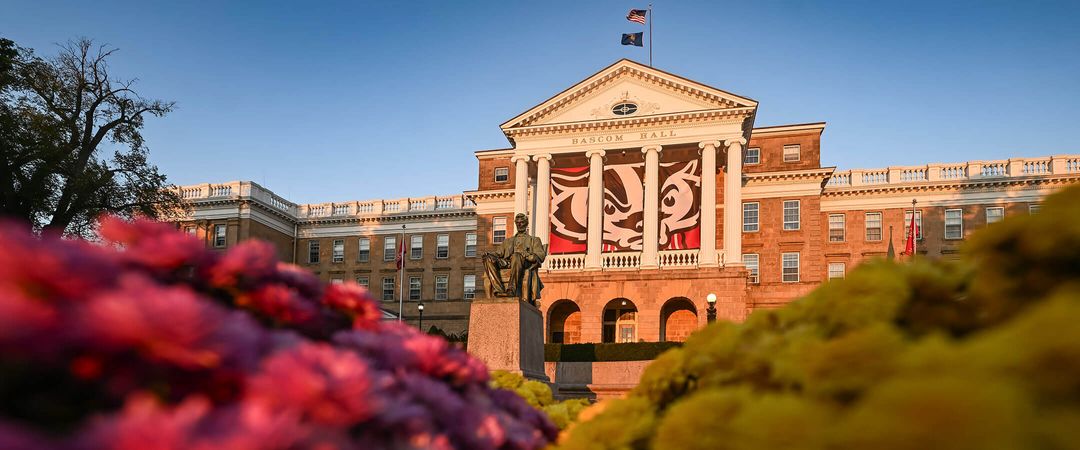Each year, UW–Madison loses millions of dollars due to project hold-ups, while competing schools outpace it in building new facilities. This is because Wisconsin state law prohibits its universities from having bonding authority –– the ability to independently borrow money (by issuing bonds) for capital projects. As a result, UW–Madison must rely on state funding and endure long waits for legislative approval, a process that often leads to significant cost increases and construction delays.
Bonding authority would allow the university to secure tax-exempt bonds with lower interest rates and more favorable terms, saving money and speeding up development. UW–Madison would repay these bonds through university-generated revenue from the new facilities or existing streams such as residence hall fees, athletics, and parking fees.
While UW–Madison remains the only Big Ten school without bonding authority, neighboring states are actively expanding their universities’ financial capacities. In Illinois, Michigan, and Minnesota, bonding-authority limits have been increasing, allowing their flagship institutions to serve their students better and do more for the public good. The Wisconsin state legislature’s unwillingness to authorize this same benefit to UW–Madison leaves the university at a competitive disadvantage to its peers, as infrastructure improvements take longer and cost more.
Opponents argue that granting bonding authority could lead to excessive spending and tuition hikes, but these concerns are unfounded. Tuition at UW–Madison remained flat for over a decade until the 2024–25 school year, even as the Universities of Wisconsin faced rising costs due to the lack of financial freedom.
Granting bonding authority to UW–Madison would also align the university with other institutions in Wisconsin that already benefit from this type of funding, such as UW Health and the Wisconsin Housing and Economic Development Authority. This alignment could give the university an increased level of financial autonomy and opportunity, without burdening taxpayers or relying on state legislators to approve every decision.
Bonding authority is a proven tool and essential for UW–Madison. It would help the university to stay competitive, cost-effectively improve its infrastructure, and continue its mission of educating future leaders and contributing to the state’s economy.










